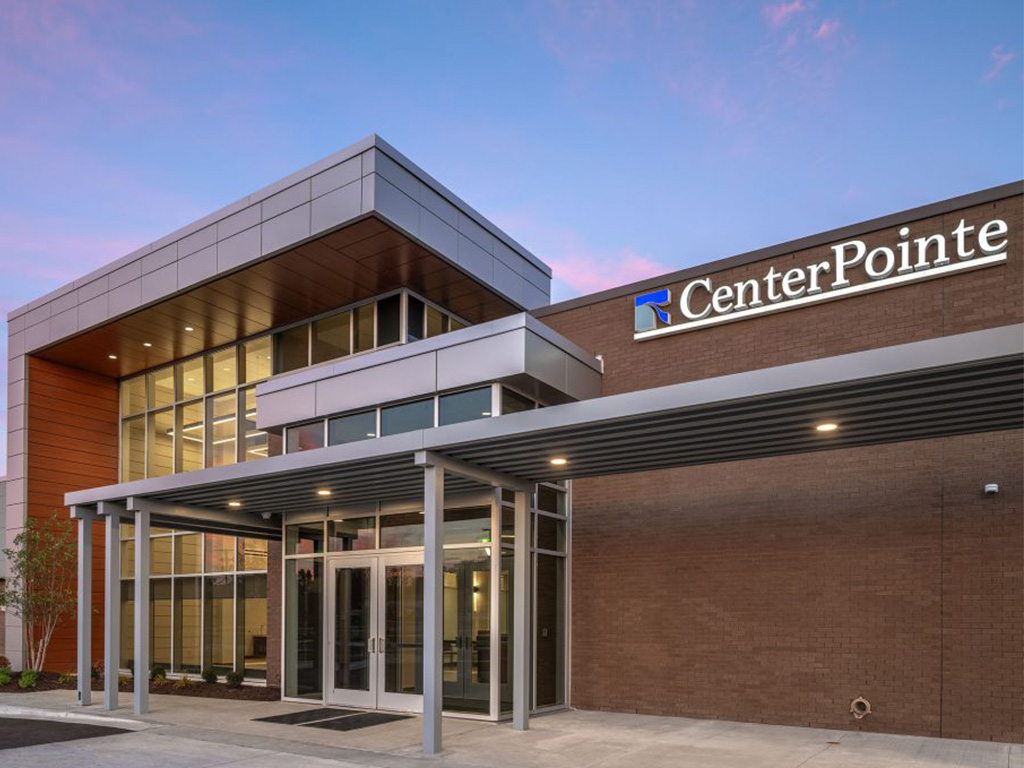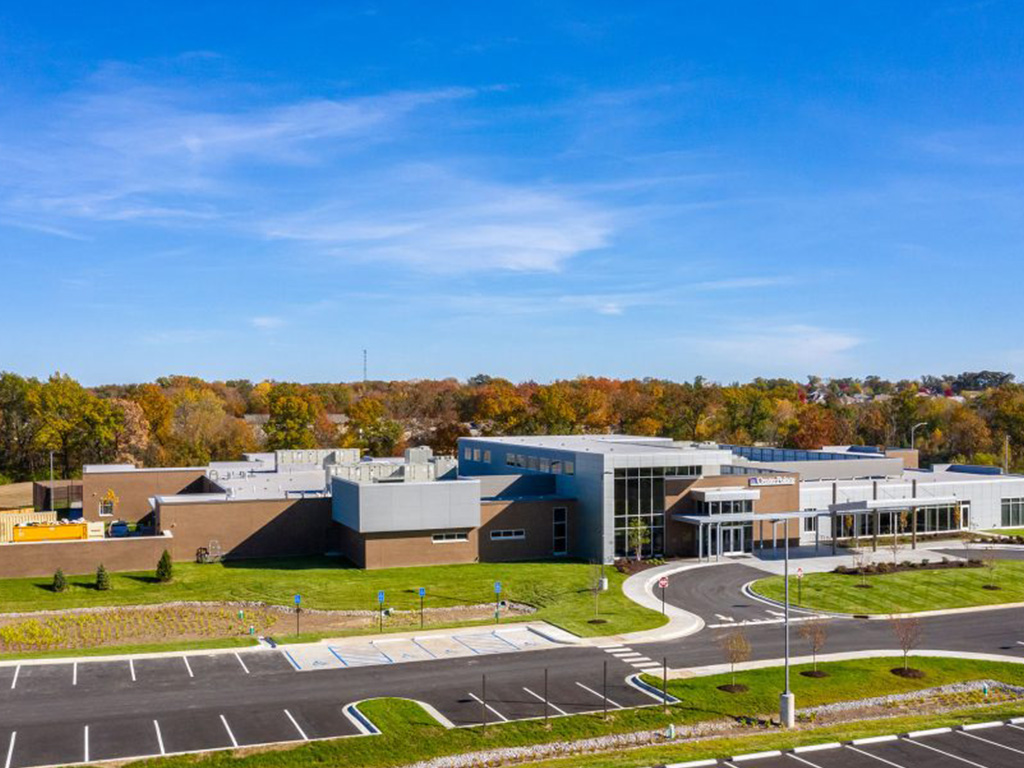Heroin is powerful, dangerous, and highly addictive. Every time a person snorts, smokes, or injects this substance, they risk their health and endanger their life. Each year in the United States, heroin abuse causes thousands of overdose deaths and plunges an untold number of people into the darkness of heroin addiction.
Once a person has developed a heroin addiction, it can be extremely difficult for them to stop using this drug on their own. But when they receive appropriate care at an effective heroin addiction treatment center, they can regain control of their life.
With the right type and level of professional help, people who struggle with heroin addictions can achieve improved health and recovery.
Signs & Symptoms of Heroin Addiction
Heroin abuse and heroin addiction are both extremely dangerous. But they are not the same thing.
Heroin abuse is a behavior. Because there is no legitimate, approved reason to use heroin, any use of this substance can be classified as abuse.
Heroin addiction is a behavioral health disorder. Addiction is characterized by a compulsion to continue using a drug even after experiencing harm due to prior use.
A person can develop an addiction to heroin after using the drug only a few times. Once someone has developed a heroin addiction, they can begin to lose control of their thoughts and behaviors.
The following are common signs and symptoms of heroin abuse:
- Pinpoint (constricted) pupils
- Inability to focus, concentrate, or even follow a basic conversation
- Slow or shallow breathing
- Confusion or disorientation
- Fatigue, exhaustion, and muscle weakness
- Constipation
- Frequent itchiness
- Problems with balance and coordination
- Sudden, dramatic mood changes
- Significant unintentional weight loss
- Skin damage, such as puncture marks, sores, scabs, and bruises that never seem to completely heal
- Preference for long sleeves and long pants even in hot weather, as a way of hiding signs of IV heroin use
- Possession of paraphernalia such as hypodermic needles, syringes, and rubber tubing
The following signs and symptoms may indicate that someone’s heroin abuse has caused them to develop a heroin addiction:
- Using heroin more often or in larger amounts than they intended
- Using heroin in particularly dangerous ways, such as in combination with other substances
- Prioritizing heroin use over their personal and professional responsibilities
- Disregarding their appearance and personal hygiene
- Being unable to get through the day without using heroin
- Developing tolerance, which means that they need to use larger or more potent doses of heroin to achieve the effects they are seeking
- Experiencing withdrawal symptoms when they can’t acquire heroin or when they try to stop using the drug
Anyone who has developed a heroin addiction is in grave danger. Using heroin even once can be deadly. The longer a person feels compelled to engage in this self-destructive behavior, the greater their risk becomes for serious and potentially irreversible harm.
Heroin Addiction Statistics
The following statistics about heroin abuse and addiction are from the U.S. Department of Health and Human Services (HHS) and the U.S. Centers for Disease Control and Prevention (CDC):
- In 2019, about 745,000 people in the U.S. used heroin at least once.
- In 2020, more than 13,000 deaths in the U.S. were attributed to heroin overdose.
- From 1999-2020, the annual number of heroin overdose deaths in the United States increased by about 700%.
- From 2016-2020, the annual number of heroin overdose deaths in Missouri dropped from 380 to 145. This represents more than a 61% reduction in annual heroin overdose deaths throughout the state.
Potential Effects of Heroin Addiction
It is no exaggeration to observe that untreated heroin addiction can be devastating. The negative effects of heroin addiction can include significant harm to a person’s physical, psychological, and social well-being.
Potential effects of heroin addiction include the following:
- Damage to the heart, lungs, liver, and kidneys
- Cognitive impairments
- Collapsed veins
- Sexual dysfunction
- Disrupted menstruation
- Elevated risk for contracting HIV and hepatitis C
- Developing a co-occurring mental illness
- Conflicts with family and friends
- Social withdrawal and isolation
- Substandard progress in school
- Academic failure or expulsion
- Diminished performance at work
- Job loss and long-term unemployment
- Financial problems
- Being arrested and jailed
- Suicidal ideation
- Self-harm
- Overdose
- Death
Contrary to an unfortunately persistent myth, a person doesn’t have to “hit rock bottom” before they can get treatment for a heroin addiction. The earlier a person enters a hospital or other treatment center, the sooner they reduce their risk for ongoing harm. While a person is in treatment, they can also begin to heal from any negative effects of heroin addiction they have already incurred.
Types of Treatment for Heroin Addiction
Treatment for heroin addiction can take many forms. What is most important is finding the types and levels of care that work best for each person who needs help.
At CenterPointe Hospital of Columbia, we offer the following four levels of treatment for people who have developed heroin addictions and co-occurring mental health concerns:
- Inpatient treatment
- Residential care
- Partial hospitalization program (PHP)
- Intensive outpatient program (IOP)
Within each of these levels, we offer a variety of evidence-based therapies and related services, customized to each patient’s or client’s specific needs.
The composition of a person’s heroin addiction treatment plan can be influenced by several factors, including their age, how they have been affected by a heroin addiction, if they have a co-occurring mental health concern, and which level of care they are currently in.
Depending on these and other considerations, a patient’s or client’s treatment for a heroin addiction at CenterPointe Hospital of Columbia may include elements such as the following:
- Basic medical care
- Medication management services
- Family therapy
- Process groups
- Psychoeducational groups
- Experiential groups
- Nutrition counseling
- Family support groups
- Yoga and mindfulness skills
- Cognitive behavioral therapy (CBT)
- Dialectical behavior therapy (DBT)
- Motivational interviewing
- 12-Step education and support
- SMART Recovery
- Transcranial magnetic stimulation (TMS)
- Electroconvulsive therapy (ECT)
Our services also include detailed discharge planning and free aftercare groups.
Benefits of Heroin Addiction Treatment
The specific benefits a person receives from their time at a heroin addiction treatment center will depend on their unique needs and goals. However, treatment also offers certain general benefits for anyone who makes the courageous decision to get help.
The following are common potential benefits of heroin addiction treatment at CenterPointe Hospital of Columbia:
- Safety: While you are at our heroin addiction treatment facility, you will be in a closely supervised environment where you will not have access to heroin or other addictive substances. This eliminates a source of temptation and keeps you safe from the many negative effects of heroin abuse.
- Detox: If you try to stop using heroin on your own, the pain of withdrawal may quickly overwhelm your desire to end this harmful behavior. But when you start your heroin addiction treatment with detoxification, you will be under the care of a team of skilled professionals. These experts can help you get through withdrawal safely and with as little distress as possible.
- Success: Active heroin addiction can destroy your confidence. You may begin to believe that you’re not strong enough to live a healthier life. Completing detox can demonstrate that you are capable of more than you realize. Every day you remain in treatment and heroin-free is another victory. You can build on these successes as you work toward your brighter future.
- Compassion: Heroin addiction can also crush your self-esteem. You may struggle with guilt, shame, and other negative emotions. You may even start to wonder if you are worthy of being helped. When you receive heroin addiction treatment at CenterPointe Hospital of Columbia, we will help you realize that you are a valuable person who deserves to be treated with compassion and respect.
- Connection: During your time in heroin addiction treatment, you can make meaningful connections with other members of the recovery community. In addition to collaborating with the members of your treatment team, you can share support with others who are also receiving care. Heroin addiction can be isolating, but the path of recovery is filled with people who want you to succeed and can help you achieve your goals.
- Knowledge: While you are in treatment, you can gain important information about heroin addiction, treatment, and recovery. You can develop vital skills for healthy living and practice techniques for resisting relapse and protecting your recovery.
- Hope: During treatment, the despair of addiction can give way to the hope of new possibilities. By the time you are ready to transition out of treatment, you may have a better sense of who you are, what you are capable of accomplishing, and how many people truly care about you. These realizations can be sources of sustained hope and continued motivation throughout your recovery journey.
How to Find the Right Heroin Addiction Treatment Center
Heroin addiction affects different people in different ways. The same is true of heroin addiction treatment. A treatment approach that is perfect for one person may be less than ideal for someone else. When you are trying to find a heroin addiction treatment center, it is important to focus on finding the hospital or other facility that is the best fit for you.
When you contact any heroin addiction treatment centers you are considering, here are some helpful questions to ask:
- Can I complete detox at your facility?
- Do you offer multiple levels of care?
- How will you help me determine which level or levels of care are right for me?
- Do you provide personalized heroin addiction treatment plans?
- Do you offer separate age-appropriate treatment tracks for adolescents and adults?
- What are the qualifications of the people who provide care at your facility?
- Can I receive basic medical care and medication management services if I need them?
- Is medication-assisted treatment an option at your facility?
- Do you offer 12-Step support as well as alternatives to this recovery model?
- Do you provide family therapy or other types of family support services?
- How will you decide how long I need to stay in treatment?
- Does your treatment center accept my insurance?
The representatives of any legitimate, reputable heroin addiction treatment center should be happy to answer these and any other questions you have. At CenterPointe Hospital of Columbia, we want to be sure that prospective patients and their family members always have all the information they need so that they can make the best decisions for themselves or their loved ones.
This content was written on behalf of and reviewed by the clinical staff at CenterPointe Hospital of Columbia.














